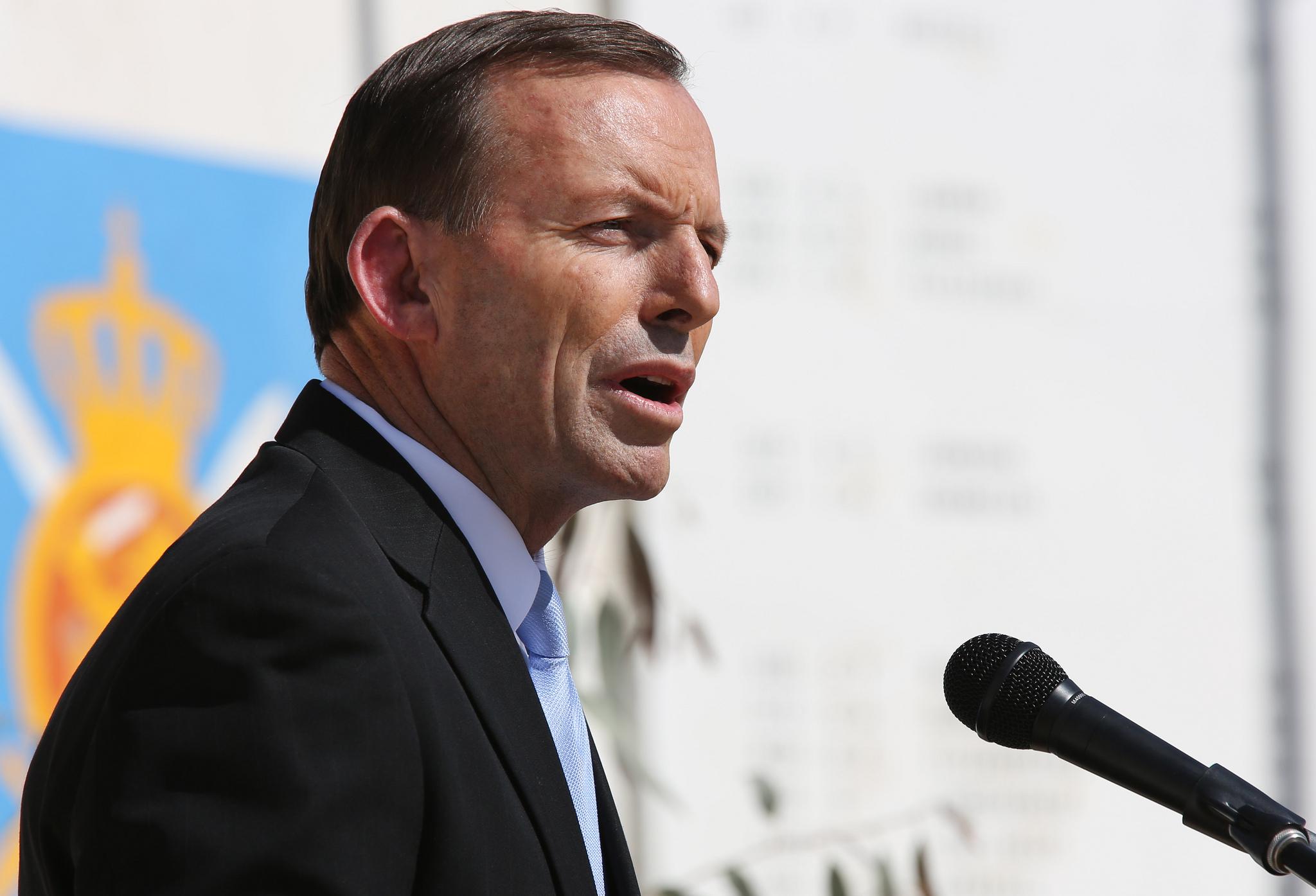Tony Abbott has appointed a climate change sceptic as a senior government advisor who aims to debunk climate change action in Australia. In light of public accusations that the United Nations are manipulating the subject of climate change for their own advantage, Maurice Newman has been appointed head of Abbott’s business advisory council.
Newman has described the international focus on climate change as being an attempt to create “a new world order under the control of the UN.”
Australia’s politicians alone in climate change scepticism
These comments coincide with a scheduled visit from the UN’s top climate negotiator, Christiana Figueres.
Touring Australia this week, Figueres has urged the country to divest itself from the coal consumption due to the industry’s serious environmental impacts, a charge that does not sit well with the Abbott administration.
The UN has been very vocal in their stance on the coal industry in Australia, pressuring the government to address the pollution and environmental damage coal produces.
Australia’s leadership remain staunch supporters of coal production in Australia as the majority of our power generation relies on it.
Tony Abbott’s prioritisation of environmental issues caused controversy in last year’s G20 summit, when he refused to address the adverse effects of coal production as an agenda point.
Furthering the Prime Ministers views on climate action, Maurice Newman is challenging the UN environmental panel with accusations of using false scientific models in an attempt to scare off the general public and impose authoritarian rule.
According to Newman the UN’s real agenda is purely political in nature, with an aim to subjugate nations to bend to its political authority over matters as important as energy generation.
This is not the first time Newman has made provocative comments on climate change and the UN’s supposed aggrandizement of the issue. According to an opinion piece in The Australian, Newman accused the United Nations Sustainable Development program as having a hidden agenda and global warming as a hook to gain total control.
“The UN is opposed to capitalism and freedom, and has made environmental catastrophism a household topic to achieve its objective,” he says further.
Australia in the UN’s sights on climate change action
Figueres, on the other hand, had remained staunch in the UN’s stand to alleviate, if not stop, the growing problems of climate change across the globe.
In her Melbourne speech, she urged Australians to deviate from consuming coal to achieve better environmental outcomes.
As coal is the country’s second largest export product, Figueres noted that this move will call for an arduous diversification method towards renewable resources, something that the country’s leadership are failing to adequately address.
Abbott, on the other hand, had continually voiced his support for the growth of the coal industry.
In 2009, Abbott championed a tax that repeals carbon pricing and moved to abolish the autonomous Climate Commission board.
Calling the coal industry the “foundation of prosperity”, Abbott has further suggested that coal is “good for humanity” in statements supporting the notion of a UN climate change hoax.
The Prime Minister has warned of a possibility of total failure should the the government decide to prioritise the reduction of coal emissions over the country’s economic growth.
Abbott’s stance on the environment does not sit well with other leaders who are pushing for more of environmental consciousness.
Asked on her trip to Canberra about the current global acceptance of climate change directives, Figueres implied that the global community is “excited” and “optimistic” about this positive change and hoped that Australia will play a leading role in the Paris summit in December 2015.



